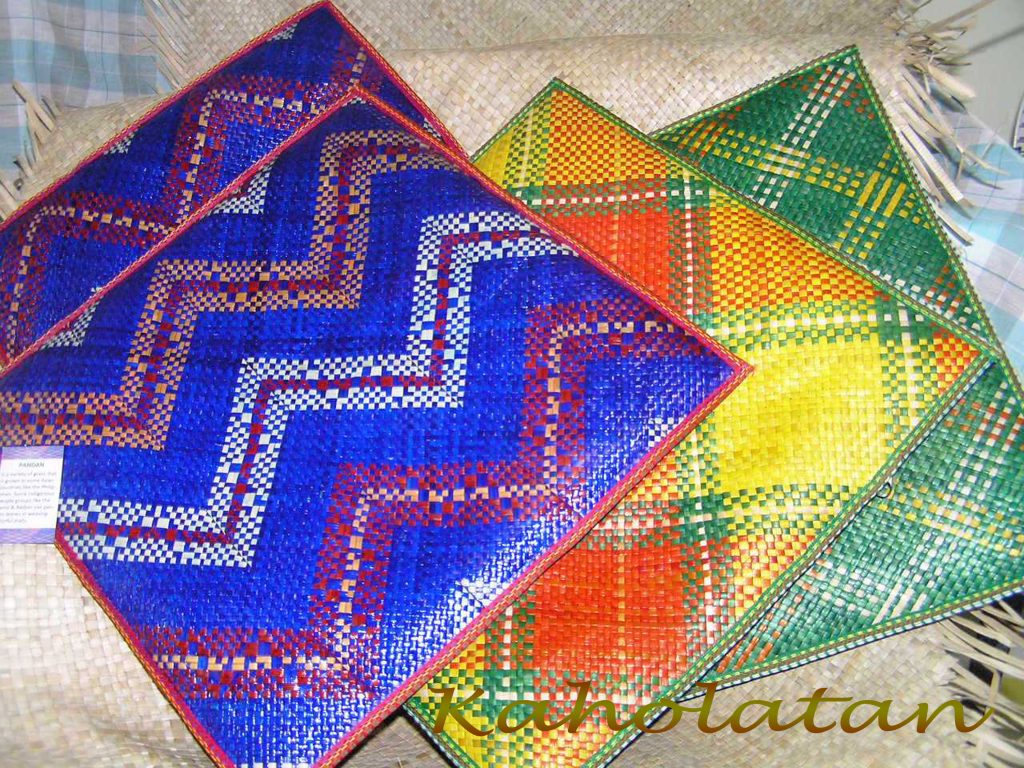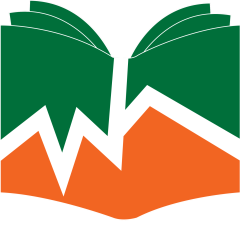
A paradox on page is the possibility of freedom and constraints. We are free to create, but we are also bound by the demands of language. We meet this paradox as we balance the boundless flow of our thoughts and ideas with the disciplined structure of the page. This happens while we are carefully selecting the truths we wish to convey.
A Page Unbound is A Page Restrained
At first glance, the blank page seems to offer us limitless freedom. We can write anything on that page, yet our very freedom demands direction. The boundless space of the page requires form, structure, and coherence. When writing our memoir, we are aware that our freedom of expression needs a clear direction.
We grapple with the complex nature of truth insisting on accuracy. Yet even if our take is subjective, we cannot fabricate events. We are crafting an engaging and insightful narrative within this delicate dance between fact and interpretation.
The Page as Cage and Launching Pad
The first paradox in writing a personal essay is form. On the one hand, structure imposes limitations—the necessary sequence of words, sentences, and paragraphs. Linear progression is expected on the page. Yet, within these constraints, we discover a framework for shaping our ideas. Without the limitations, our thoughts are amorphous, scattered, and unfocused.
During the revision, as we trim the excess, sharpen the language, and refine our argument, we invent the essence of our essay. Illumination occurs through the application of constraints. What we remove from the page often strengthens the remaining elements. As we write within the boundaries of both craft and language, our expressions become more profound.
The page then is both a cage and a launchpad because it confines us within its limits while enabling us the freedom to write anything.
Paradox on Page: Truth is An Illusion
In creative nonfiction, specifically the memoir, we strive to capture reality. Yet we select the memories that will shape the narrative fitting a theme or perspective. There is a paradox in recounting the past through the lenses of time, emotion, and language.
We strive to write truthfully but storytelling involves a crafting of reality. Our memories are not linear; they jump, collapse, and distort the chronology of events. We highlight certain moments while suppressing others. The memoir is not an objective mirror but a prism refracting our past. Our page will hold our version of the truth, shaped and colored by our interpretations.
Paradox on Page: Infinity in Limitations
For every word we choose to include, countless others are omitted. As the page forces us to make choices, we leave gaps. What is withheld can speak volumes. Readers intuitively read even the empty spaces and infer meanings in the gaps. Even our restraints can gesture towards meaning, as we invite the reader to actively engage with the text and fill in the missing pieces.
A page is finite. It has margins. It begins, and it ends. Yet, on the page, entire worlds unfold. While a story is confined to its length, its impact extends beyond. An essay contained within a few pages can reverberate across a reader’s life, influencing thought, emotion, and memory.
To write the memoir is to embrace these paradoxes. We are navigating the tension between freedom and limits, truth and illusion, voice and silence. This is the very heart of the craft. On the page our contradictions find order, our chaos finds shape, and our limits reveal possibilities.




